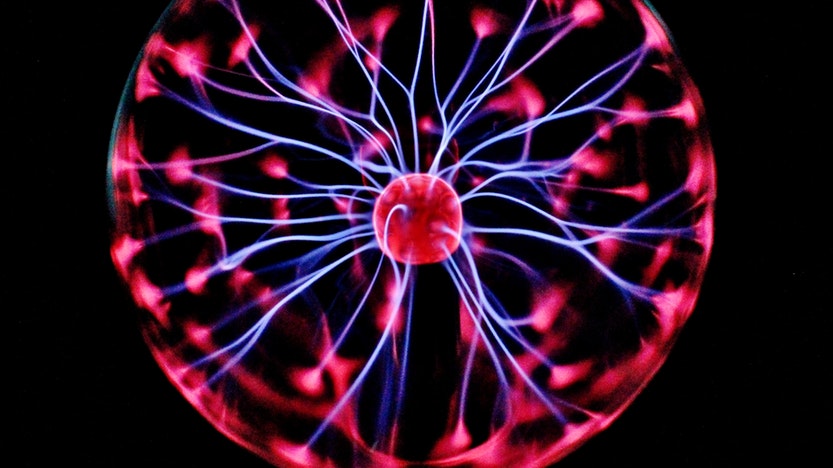The University of Sydney released a press release in response to Elon Musk’s Neuralink announcement last week. Neuralink had implanted an interface (a kind of computer chip) about the size of coin into the skull of a pig named Gertrude.
This brain-computer interfacing technology is a step towards Musk’s ambitious goal of merging humans and artificial intelligence:
Paradoxically, Musk has been a strong proponent of the dangers of advanced artificial intelligence:
After solving a bunch of brain related diseases there is the mitigation of the existential threat of AI
While Neuralink’s technology has the potential to improve the lives of people with brain damage and other brain disabilities, there are many problematic issues to be considered first.
Dr Allan McCay, who lectures in criminal law at the University of Sydney Law School, together with Dr Nicole Vincent from UTS and Associate Professor Thomas Nadelhoffer from the College of Charleston (US), have addressed the legal and ethical consequences of neurotechnologies in their new edited volume, Neurointerventions and the law: Regulating Human Mental Capacity.

